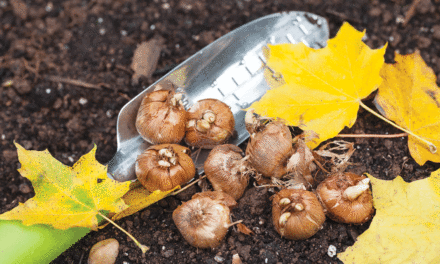For the first week of September for your gardening chores, remember to not prune any spring-flowering shrubs, such as forsythia, azalea, camellia, holly, lilac, rhododendron, Spirea, and viburnum.
They are within three weeks of completing bud formation for next year’s flower bloom, be sure to check pH and provide one last feeding.
Also for that first week of this month, be sure to clear away summer annual flower debris from beds, but only prune back wave petunias, snapdragons, and geraniums as they can withstand some frost and will continue to provide a beautiful flower display.
Provide enough water to maintain soil moisture.
Cleome, sweet alyssum, snapdragons, and some types of marigolds will self seed, just shake the ground with the dried stems.
WEEK TWO
• Starting this week, bag all grass clippings as you mow the lawn.
When soil temperatures begin to drop to cooler than 53 degrees, the micro-organisms that break down the grass clippings become dormant, resulting in thatch.
Thatch promotes lawn insects and diseases.
This will also help if you intend on re-seeding your lawn, since the grass seed needs to come in contact with the soil.
It will also allow the lime and fertilizers to work better. Making sure the blades are sharp on the mower will also help keep your lawn in good shape.
• To help roses to harden off and mature for winter, stop using water soluble fertilizers about six weeks before frost.
Let the last blooms develop into rose hips.
This causes the plant to undergo chemical changes that slow its growth, stop its blooming, and help prepare it for dormancy and hardens off the canes for winter.
WEEK THREE
• Cut back the stalks of all summer blooming lilies and irises and fertilize with Espoma Bone Meal or Bulb-tone at a rate of five pounds to 100 square feet.
• Many tender perennials that have been cut back can be rooted indoors in water.
You can group them in bouquets in a large glass bowl to save space and cut down on maintenance.
Be sure to add a teaspoon of bleach to every quart of water to kill bacteria.
WEEK FOUR
• Place bird netting over your water garden or pond to prevent the falling leaves from entering in your pond. Keep the netting in place until all the leaves have fallen and clear them away weekly.
• Keep maturing vegetables picked to keep the plants producing.
Watch nighttime temperatures and cover when necessary to keep them producing.
You still have time to clear out old faded crops and replant seeds of lettuce, arugula, kale, spinach, and turnips for fall and early winter harvest.
(Editor’s Note: Ken Morgan is owner of Robin’s Nest Floral and Garden Center in Easton, Md.)




